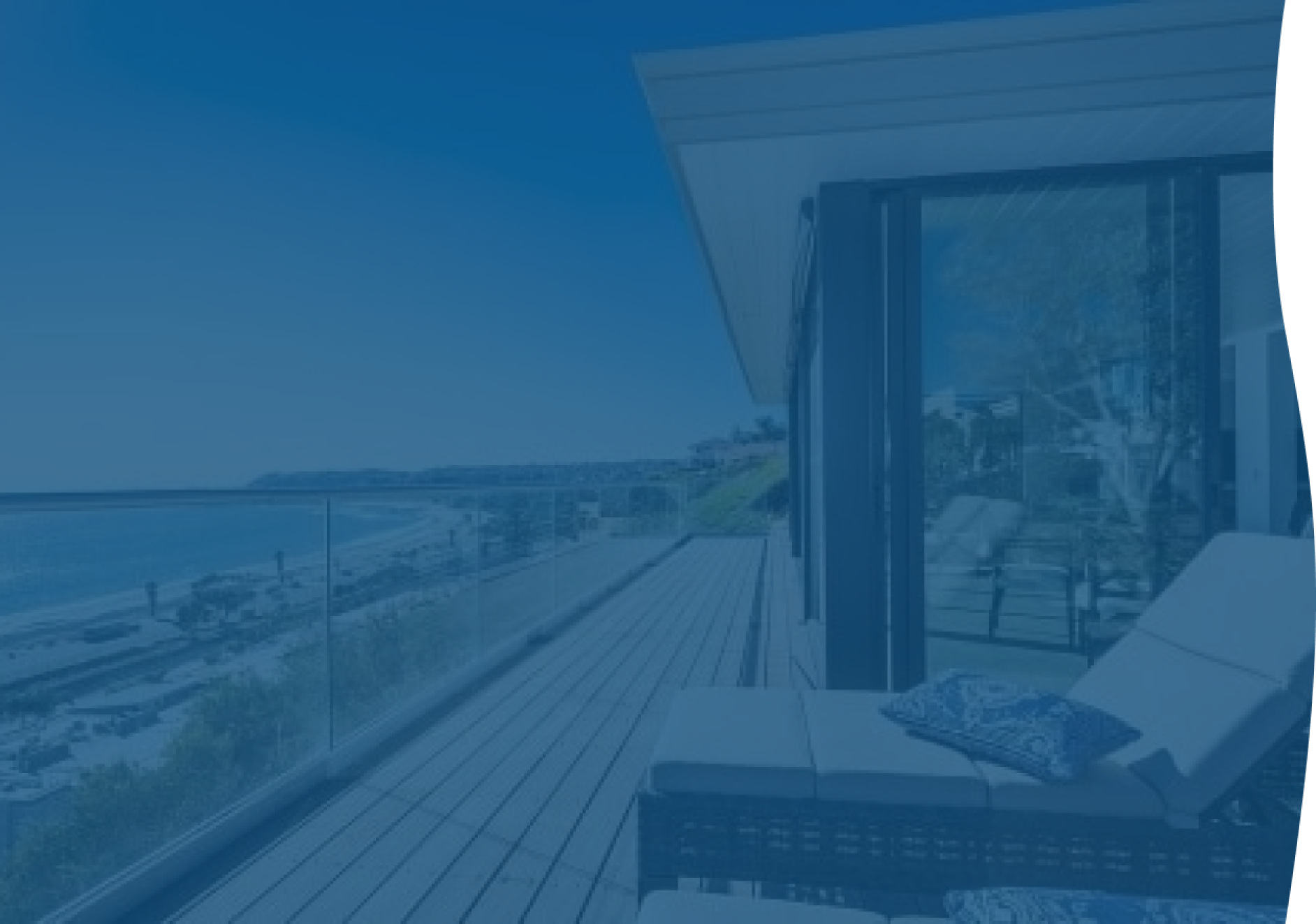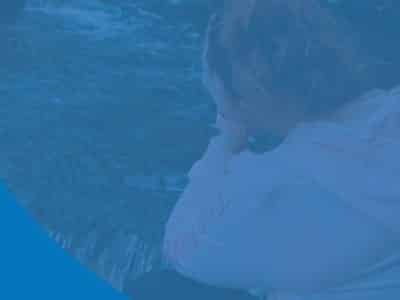More than 63,000 people died in 2016 from a drug overdose in the United States, which was an increase of 21.5% from 2015. Most of these deaths are attributed to prescription opioids, which were responsible for as much as a third of the total fatality rate.
San Francisco may not be as bad as Los Angeles when it comes to the number of drug overdose deaths, which has more than 2,000 deaths per 100,000 population, but more than 400 lives wasted each year is disturbing. In fact, the mortality rate is higher than the City of Los Angeles when you account for the total population between the two cities. There are also many drug rehab centers in California that attempt to do their part to quell the rising tide.
In fact, there seems to be an open trade for meth on the streets of Sixth and Minna, according to SFGate. Arrests and drug busts are such a common occurrence, residents have become immune to hearing gunshots or the familiar police siren. It should be noted, however, that alcohol poisoning is worse when compared to drugs. The number of emergency room visits in the city during 2012 – 2014 due to alcohol poisoning was 16 per 10,000 people. You can find several AA San Francisco groups to help support a life of sobriety.
The study by the Consumer Expenditure Survey (prepared by the Delphi Behavioral Health Group) revealed that San Francisco residents love their alcohol more than any other major city and are spending more money to show it. On average, people there spend 1.5 percent of their annual salary on alcohol. The national average is only 0.9 percent. This is the reason why AA meetings in San Francisco are more common than you think. However, for proper context, San Francisco has a higher standard of living compared to the other cities, so spending more doesn’t necessarily suggest drinking more.
Most Common Abused Drugs in San Francisco
According to the University of San Francisco, the most commonly abused substances in the city are alcohol, club drugs (ecstasy, LSD), cocaine, heroin, marijuana, bath salts, hallucinogens, inhalants, prescription opioids, steroids, methamphetamine, and inhalants.
This is nothing new, of course, since drug use has been an open secret in Silicon Valley. Back in 2014, The Mercury News reported that the work culture in the tech industry is very much tied to illicit drugs. Employees and executives of Google, Yahoo, Facebook, and other major tech companies have been using prescription painkillers, cocaine, and heroin and they’ve perfected the art of evading known mechanisms to weed out the drug dependents among the workplace. You don’t see them much in drug rehab centers in San Francisco trying to get treatment, for instance. This is understandable because of the stiff competition and the kind of pressure cooker they are in, particularly during product launches.
If you or a loved one is addicted to drugs or alcohol, don’t worry. Help is available through known treatment methods that have helped thousands of people get back to their normal lives.
Substance Use Disorder Issues Specific to San Francisco
San Francisco is notorious for the number of syringes that are lying around in the streets. In fact, it has become quite a health scare because of the number of residents who happen to be wounded when they accidentally step on a needle. Also, it’s a common sight to see vagrants and drug dependents shooting up right there in Bay Area Rapid Transit station in plain view of everybody. It’s like they don’t care anymore about being arrested or seen, which is pretty much consistent with the risk-taking behavior of an addicted individual. There are more than 14,500 treatment facilities in the United States. There are also rehab facilities in San Francisco that can help you. Meanwhile, a visit to your local city office should provide you with recommendations for affordable and luxury rehab where you can get treatment.
The 2012-2014 National Survey on Drug Use and Health (NSDUH) revealed that people in San Francisco age 12 years old and older tend to binge on alcohol (26%) more other drugs. Marijuana use is also common among young people, alongside opiates, prescription painkillers, and cocaine. Alcohol was still the major concern according to the Youth Risk Behavior Survey (YRBS): Survey of Student Population. More than 4 in 10 students have reported alcohol use and abuse, while 29% confessed to using marijuana. In terms of people enrolling in San Francisco rehab facilities, the use of heroin consistently was the main factor, followed by alcohol, methamphetamine, cocaine, marijuana, and opioids. 27123 Calle Arroyo #2121, San Juan Capistrano, CA 92675

Our closest facility is in California

Substance Use Disorder in San Francisco and Colleges
The pressure of having to get good grades in school has college students turning to drugs. The use of amphetamine is on the rise because the stimulant allows them to be active for long periods of time. Adderall is also the drug of choice of college students that allow them to study for hours on end. The National Survey on Drug Use and Health revealed that between 2012 and 2014, alcohol and marijuana are the most abused substances in San Francisco for people 12 years and older. In 2015, Alcohol and marijuana remain very popular among youths, but prescription opioids, cocaine, Ecstasy and other party drugs are right up there.
The problem is that college students get most of their information about drugs from the Internet and their peers. This puts them at risk of overdose. For instance, eight percent of emergency room visits for people under 26 years of age in San Francisco are for meth poisoning and overdose, six percent is for prescription opioids, and five percent for both alcohol and heroin. In the city, there are 13.3 hospital visits due to alcohol-related issues per 100,000 population for people 18 years and older.
Types of Treatment for Drug and Alcohol Abuse in San Francisco
If your desired type of treatment is not available in San Francisco, consider seeking out the details of a rehab in San Diego, California.
- Luxury Rehab in San Francisco – Luxury rehabs offer the same type of treatments like the medical detox in San Francisco and psycho-social interventions. However, they differ in terms of the luxurious facilities as well as the patient-to-staff ratio. It’s not uncommon for these rehab facilities to have a swimming pool, your own private room, gourmet foods, gym facilities, and other holistic methods. Think spa but with a treatment option for your drug or alcohol abuse.
- SMART Recovery Meetings in San Francisco – SMART refers to Self-Management and Recovery Training. It’s seen as an alternative to Alcoholics Anonymous San Francisco or Narcotics Anonymous San Francisco because SMART adopts the tenets of psychotherapy and psychology. The counselors who will lead the meetings also receive training.
- Non 12 step rehab in San Francisco – The 12-step program does heavily indoctrinate members on the spiritual aspect (read: God) of recovery. One of the principles is that you surrender to the higher power since addition is beyond your control. The non 12 step rehab in San Francisco is built on cognitive behavioral therapy to achieve sobriety.
- 12 step treatment – This method has a long history as it dates back to 1935. The foundations of the treatment program are in wide use by Alcoholics Anonymous San Francisco or Narcotics Anonymous San Francisco today. As already said, drug and alcohol dependents must believe in a higher being who can help them on their path toward recovery. This treatment is geared for people with strong faith.
- Dual diagnosis rehab in San Francisco – Dual diagnosis treatment is specially designed for patients with co-occurring alcohol or drug addiction and mental illness. There’s a strong link between the two and experts are still divided on which one is the cause and the effect—like the chicken and egg situation. However, they do agree that you wean the patient from drugs first before moving on to address the mental illness. Dual diagnosis can be a necessity for patients, so make sure to seek out a facility that has it if needed, such as a rehab center in Elk Grove, CA.
- Detox in San Francisco – For drugs and alcohol, medical detox is the first step toward recovery. The drug detox process is employed to flush out the toxins from the patient’s body with the aid of medication. Detox is actually a way of mitigating the withdrawal symptoms so they won’t be as severe or painful. You can enroll in a detox center in San Francisco with the aim of clearing your system of foreign substances. However, you still have to follow through with the treatment by attending psychotherapy sessions and San Francisco AA meetings or NA meetings in San Francisco.
- Faith Rehab – This type of treatment is for those who might have lost their connection with God after struggling with alcohol and drug abuse. Various studies done have established the correlation between a higher recovery rate and people with a strong faith in God. The Faith rehab seeks to re-establish that connection.
Paying for Rehab in California
There used to be a time when enrolling in California drug rehab centers or alcohol treatment centers was almost impossible because of the prohibitive costs. Insurance companies did not typically honor rehab among the list of treatments to be covered; or if they did, it came at a higher premium cost. Fortunately, the landscape changed when the Affordable Care Act or Obamacare was passed.
The operative word under Obamacare was parity. Insurance companies were prohibited from collecting a higher premium from a patient with a mental illness or a dependent entering a California drug rehab. These should be treated like any other diseases in the insurance marketplace.
Paying for rehab may be different in other centers, such as a Moreno Valley rehab center, so be sure to compare your options.
Here are the payment options in paying for rehab in or near San Francisco:
- Your own personal insurance
- Company insurance
- Getting a loan from other family members or friends
- Your own savings
- Government subsidy
- Religious groups and non-profits
- Payment plans from rehab centers
Medical disclaimer:
Sunshine Behavioral Health strives to help people who are facing substance abuse, addiction, mental health disorders, or a combination of these conditions. It does this by providing compassionate care and evidence-based content that addresses health, treatment, and recovery.
Licensed medical professionals review material we publish on our site. The material is not a substitute for qualified medical diagnoses, treatment, or advice. It should not be used to replace the suggestions of your personal physician or other health care professionals.







